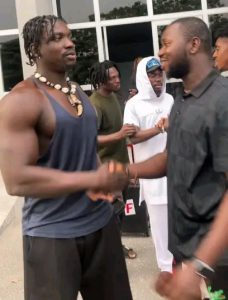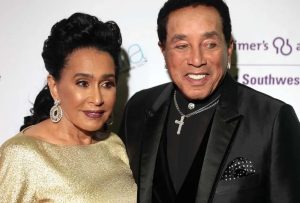Mufasa: The Lion King review: ‘Pointless’ and a ‘contrived cash-in’
4 min readDisney’s strategy of churning out sequels and reboots has become more apparent in recent years. Following the release of Inside Out 2 and Moana 2, we now have Mufasa: The Lion King, a prequel to the 2019 photorealistic remake of the beloved 1994 animated classic. A prequel to a remake—yes, it’s as unnecessary as it sounds.
This film is a cash grab, answering questions no one asked. It explores the origins of Mufasa, Simba’s father, and provides backstories for characters like Rafiki and Zazu. However, it focuses on aspects that don’t need explaining. For example, how Mufasa met Sarabi or how Zazu became Mufasa’s trusted bird advisor—who really cares about these details? The film also delves into the unlikely friendship between Mufasa and Scar, a plot twist that contradicts the core story of the original Lion King. In that film, Mufasa and Scar were portrayed as part of a royal bloodline, but here, Disney abandons this idea for a more egalitarian origin that feels forced and out of place.
Directed by Barry Jenkins, the Oscar-winning filmmaker behind Moonlight, Mufasa also features songs by Lin-Manuel Miranda, one of the most celebrated composers of our time. Yet despite the involvement of such high-caliber talent, one can’t help but wonder: do these artists not have better things to do with their time?
The story reveals that Mufasa was not born into royalty, as his name might suggest. He was once a carefree cub, living with his family until a flood separated him from them. Mufasa is washed into a new region, where he meets Taka, who will later become Scar. The two form a bond, but it’s clear from the start that Mufasa is destined for greatness, while Taka grows bitter and resentful after a traumatic event. The narrative follows their journey, with Mufasa evolving into a noble lion while Scar transforms into a vengeful one.
But the film’s visuals are one of its weakest points. Despite featuring expansive, beautiful landscapes, the photorealistic lions lack the expressiveness that made the original film’s characters memorable. The lions are difficult to distinguish, and when most of the dialogue is between lions, it quickly becomes visually monotonous. This lack of distinction hampers the storytelling, leaving the audience confused about which lion is which.

The film also suffers from poor character development. The performances are nowhere near as strong as in The Lion King. The character of Zazu, who was voiced by Rowan Atkinson in the original and John Oliver in the 2019 remake, is now voiced by Preston Nyman. His take lacks the wit and charm of his predecessors. Similarly, Kelvin Harrison Jr. voices Scar, but his performance is underwhelming compared to the iconic portrayals by Jeremy Irons and Chiwetel Ejiofor. Aaron Pierre’s Mufasa, meanwhile, struggles to match the commanding, rich tones of James Earl Jones, who voiced the character in previous films.
The screenplay, written by Jeff Nathanson, is another major flaw. The plot meanders, with Mufasa wandering through the wilderness, engaging in endless, ponderous conversations that feel more like therapy sessions than meaningful dialogue. The film regularly cuts back to Rafiki narrating the tale to Kiara, with Timon and Pumbaa delivering forced comic relief. These interruptions are a stark reminder that the movie lacks any real humor or emotional depth.
One of the film’s most baffling aspects is the lack of tension. We know the outcome because of the original Lion King, so any suspense about Mufasa and Scar’s journey feels redundant. The plot is filled with action sequences, like racing through meadows and climbing trees, but they don’t build any excitement. The film never picks up momentum, making it a tedious experience.







